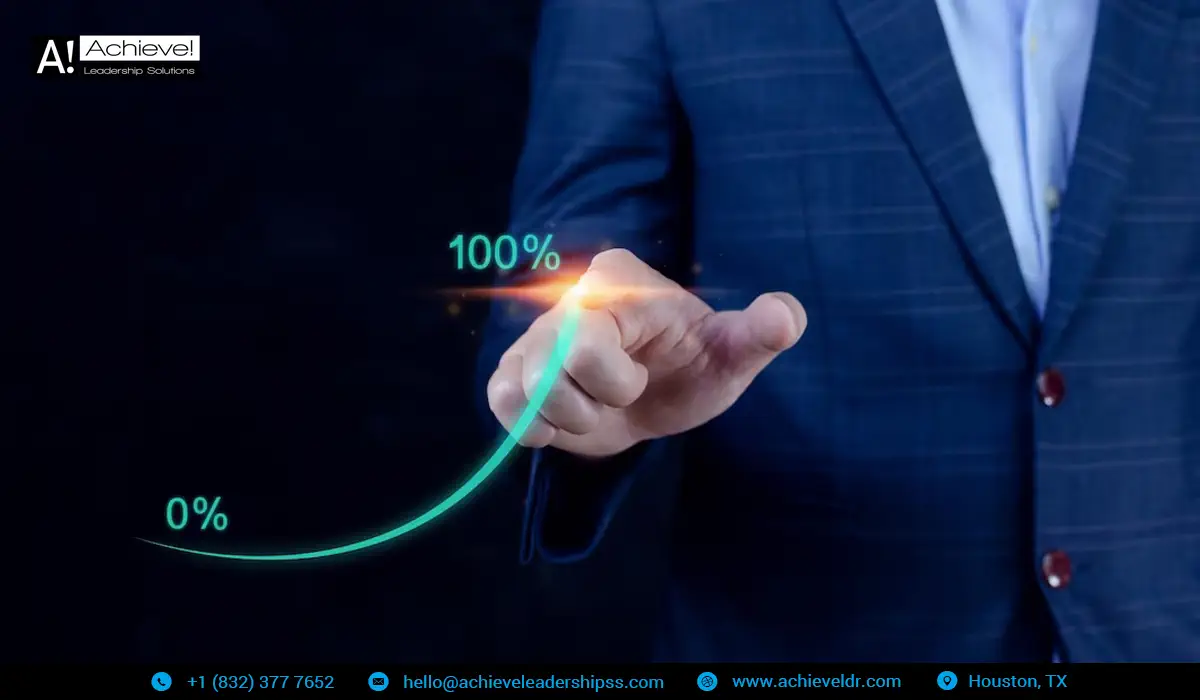In our fast-paced lives, productivity is the golden ticket to success. Yet, we often find ourselves bogged down by energy-draining tasks that hinder progress. Fear not! Let’s delve into actionable strategies to identify and eliminate these productivity killers, allowing you to reclaim your time and focus on what truly matters.
Recognize the Culprits
Before we can conquer energy drains, we must pinpoint them. Here are common culprits:
Low Pay-off Tasks
Low pay-off tasks sneakily consume our days. These are the mundane, repetitive chores that yield minimal impact. Think excessive email checking, mindless scrolling, or attending meetings without purpose. By categorizing tasks as A, B, or C (based on priority), you can focus on high-impact work first.
Unresolved Matters
Everything undone, incomplete, or unresolved drains your energy. That lingering project, the unanswered email, or the cluttered workspace—all contribute to mental fatigue. Address them promptly.
Lack of Boundaries
Set boundaries. Learn the art of saying no. Protect your time like a precious gem. Politely decline tasks that don’t align with your goals. Guard your energy fiercely.
Procrastination
This is arguably the most prevalent energy drain, with studies showing that over 20% of adults identify as chronic procrastinators.
To read more about Chronic Procrastination. Click Here
Procrastination often stems from fear of failure, perfectionism, or simply an aversion to unpleasant tasks. It leads to missed deadlines, increased stress, and ultimately, decreased productivity.
Multitasking
While often romanticized as a sign of efficiency, multitasking actually hinders our ability to focus and complete tasks effectively. Research by the Stanford University School of Medicine found that “multitaskers are worse at filtering out distractions and switching between tasks”
Read more about Stanford University psychologist research. Click Here
This results in errors, rework, and wasted time.
Distractions
From social media notifications to email alerts and constant interruptions from colleagues, distractions are omnipresent in our modern work environment. A 2016 study by the University of California, Irvine, revealed that:
It takes an average of 23 minutes and 15 seconds to fully return to your original task after an interruption. Read more about Attention Restoration Theory. Click Here
These constant disruptions significantly disrupt our workflow and hinder our ability to maintain focus.
Strategies for Streamlining Work and Mitigating Low Pay-off Tasks
Here are some points to consider:
Embrace the Power of Prioritization
Not all tasks are created equal. Identifying the high pay-off activities (HPAs) that contribute significantly to our goals is crucial. Techniques like the Eisenhower Matrix, which categorizes tasks based on urgency and importance, can help prioritize ruthlessly.
Read more about The Eisenhower Matrix. Click Here
Schedule Focused Work Sessions
Implement the “timeboxing” technique by allocating specific blocks of time in your calendar for focused work on high-priority tasks. During these sessions, minimize distractions by silencing notifications, turning off email, and informing colleagues about your unavailability.
Embrace Automation and Delegation
Look for opportunities to automate repetitive tasks using tools and software. Consider delegating low-value tasks to colleagues or outsourcing them to free up your time for more strategic work.
Cultivate Mindfulness
Mindfulness practices like meditation and deep breathing can help us become more aware of our thoughts and emotions, allowing us to manage distractions and maintain focus more effectively.
Create a Dedicated Workspace
Establishing a dedicated workspace, free from distractions and clutter, can significantly improve your ability to focus and maintain productivity.
Mitigating Low Payoff Activities (LPA)
These LPAs are so pernicious that they deserve a separate section.
Identify Low-Value Tasks
Actively monitor your daily activities and identify tasks that don’t directly contribute to your goals or seem excessively time-consuming.
Evaluate Elimination or Delegation
For identified low-value tasks, consider eliminating them entirely if possible. If eliminating is not an option, explore delegating them to colleagues or outsourcing them to free up your time.
Optimize Remaining Tasks
If elimination or delegation is not feasible, analyze and optimize remaining low-value tasks to minimize their time commitment. This could involve creating templates, checklists, or using automation tools to streamline the process.
Energize Your Environment
Declutter
A cluttered desk equals a cluttered mind. Organize your workspace. Marie Kondo your digital files. Clear the mental fog.
Optimize Nutrition, Exercise and Rest
“Every action you take uses energy, and every action you don’t take uses energy.” Oprah.com3
Fuel your body with nutritious meals and workout. Prioritize sleep. A well-rested mind is a productive mind.
Summary
Energy drains are stealthy foes, but armed with awareness and purposeful action, you can conquer them. Remember, productivity isn’t about doing more; it’s about doing better. So, go forth, eliminate the drains, and thrive!

